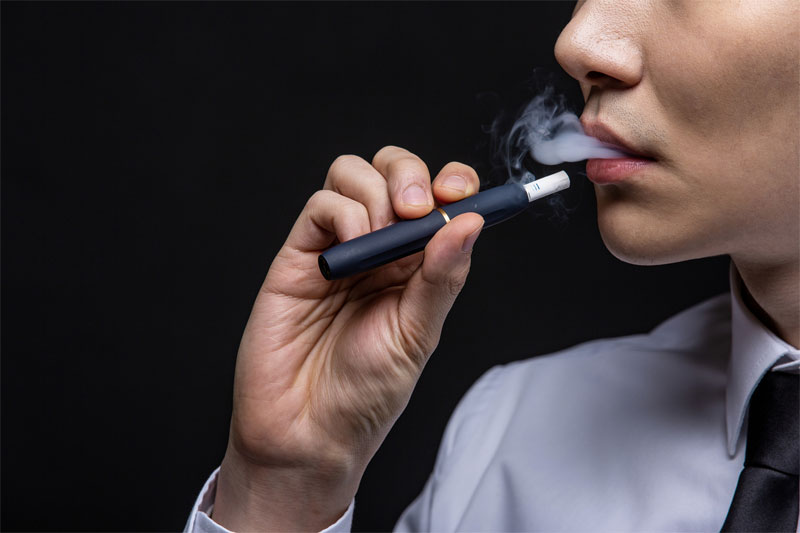The Dominican Republic has recently implemented new regulations regarding e-cigarettes in June 2023. These changes reflect the country’s ongoing effort to balance public health concerns with the growing popularity of vaping products. As the usage of e-cigarettes gains traction globally, dominican republic e-cigarette regulation june 2023 marks a significant step in the nation’s legislative landscape.
Understanding the Scope of the Regulations
According to the recent dominican republic e-cigarette regulation enacted in June 2023, the primary focus is on regulating sales to minors. It has been observed that the younger population is increasingly engaging with vaping products, which raises health concerns. The regulatory framework includes stringent measures to prevent minors’ access to e-cigarettes, reflecting a proactive approach in safeguarding youth from potential nicotine addiction.
Advertising Restrictions
E-cigarette advertising has been heavily scrutinized under the new regulations. The Dominican Republic government has placed limits on where and how e-cigarettes can be advertised. These restrictions are designed to curb excessive promotion, especially targeting vulnerable groups such as teenagers. Advertising content now requires adherence to standards that prevent misleading information about the benefits or safety of e-cigarettes.
Health and Safety Implications

Public health is a key concern driving the dominican republic e-cigarette regulation june 2023. The regulations emphasize the potential health risks of vaping, including nicotine addiction and respiratory issues. Efforts are being made to increase awareness among citizens through educational campaigns, highlighting the implications of long-term e-cigarette use. Regulatory bodies are tasked with ensuring compliance, monitoring health outcomes, and routinely assessing the effectiveness of these regulations.
Impact on Businesses
For businesses, these regulations mean adjusting their strategies to comply with new standards. This includes revising marketing techniques, product packaging, and sales strategies. Trade entities must now navigate the complexities of compliance, potentially impacting import and export operations. While some may view these changes as restrictive, they are crucial for establishing a sustainable market that prioritizes consumer safety.
Global Context and Comparisons
The Dominican Republic’s move aligns with international trends where governments are increasingly regulating e-cigarettes. Countries such as the UK and Australia have implemented similar measures, providing a comparative framework for the Dominican Republic’s regulations. By examining international practices, the Dominican legislation aims to incorporate successful strategies that can be adapted to local contexts.
In response to these new guidelines, both consumers and vendors must remain informed about the developments affecting the e-cigarette industry within the Dominican Republic.
As with any regulatory change, questions and concerns are bound to arise. Here are a few frequently asked questions regarding the implications of these newfound rules:
- FAQ: Are flavored e-cigarettes banned under the new regulations?

No, flavored e-cigarettes are not banned, but there are restrictions on how they can be marketed, especially in relation to appealing to minors. - FAQ: What penalties do businesses face for non-compliance?
Businesses that fail to comply with these regulations may face fines, legal actions, and potential revocation of licenses, depending on the severity of the infraction.
- FAQ: How do these regulations compare to those in other countries?
While the Dominican Republic’s regulations are tailored to its specific needs, they share similarities with international measures aimed at controlling e-cigarette sales and usage, particularly concerning youth protection.
